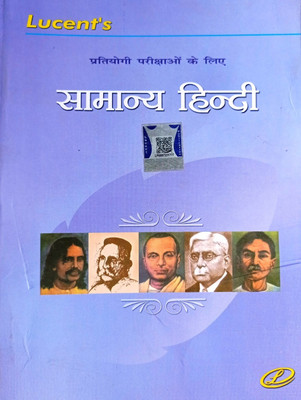
Get notified when this item comes back in stock.
In Search of Arab Unity 1930-1945 (English, Electronic book text, Porath Yehoshua)
Share
In Search of Arab Unity 1930-1945 (English, Electronic book text, Porath Yehoshua)
Be the first to Review this product
₹114/month
36 months EMI Plan with BOBCARD
Special price
₹3,800
Sold Out
This item is currently out of stock
Highlights
- Language: English
- Binding: Electronic book text
- Publisher: Taylor & Francis Ltd
- Genre: History
- ISBN: 9781135198381, 9781135198381
- Pages: 376
Seller
Description
First Published in 1986. The Arab League, founded in 1945, was regarded by many as a ploy of the British to secure the cooperation and goodwill of the Arabs during the Second World War and as an instrument to ensure the British presence in the Middle East after the war. This book presents a different picture. The British policy was a far cry from supporting the Arab unity movement. On the contrary, the British Government tried to forestall that movement or, at least, to postpone its implementation until after the end of the Second World War. Anthony Eden's famous Mansion House speech of May 1941 was not intended to signal a drastic change in the British Middle Eastern policy, but rather to fore- stall a strongly pro-Zionist proposal which had been put forward by Winston Churchill. It is true that there were some British personalities (mainly unofficial) who supported the Arab unity trend, but the thrust of their positive argument was that a broader framework of Arab federation would be instrumental in helping to solve the intractable problem of Palestine. What might surprise some readers is the fact that some highly important Zionist leaders were the main protagonists of that idea, believing that if the Arabs were to obtain satisfaction of their national aspirations through unity they {the Arabs) would adopt a much more moderate attitude towards the Zionist movement in Palestine. The Arab leaders and rulers tried to bring about a higher degree of cooperation or even a federation of their countries, either for dynastic or political reasons. But the British negative reaction was not always crystal clear, owing to the more favourable attitude typical of many, including the top, British representatives in the Middle East.
Read More
Specifications
| Imprint |
|
Manufacturing, Packaging and Import Info
Be the first to ask about this product
Safe and Secure Payments.Easy returns.100% Authentic products.
Back to top




